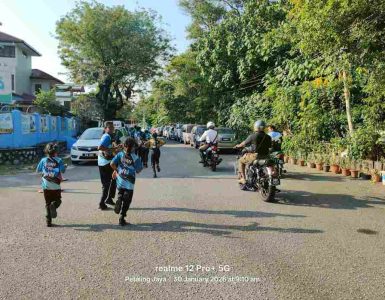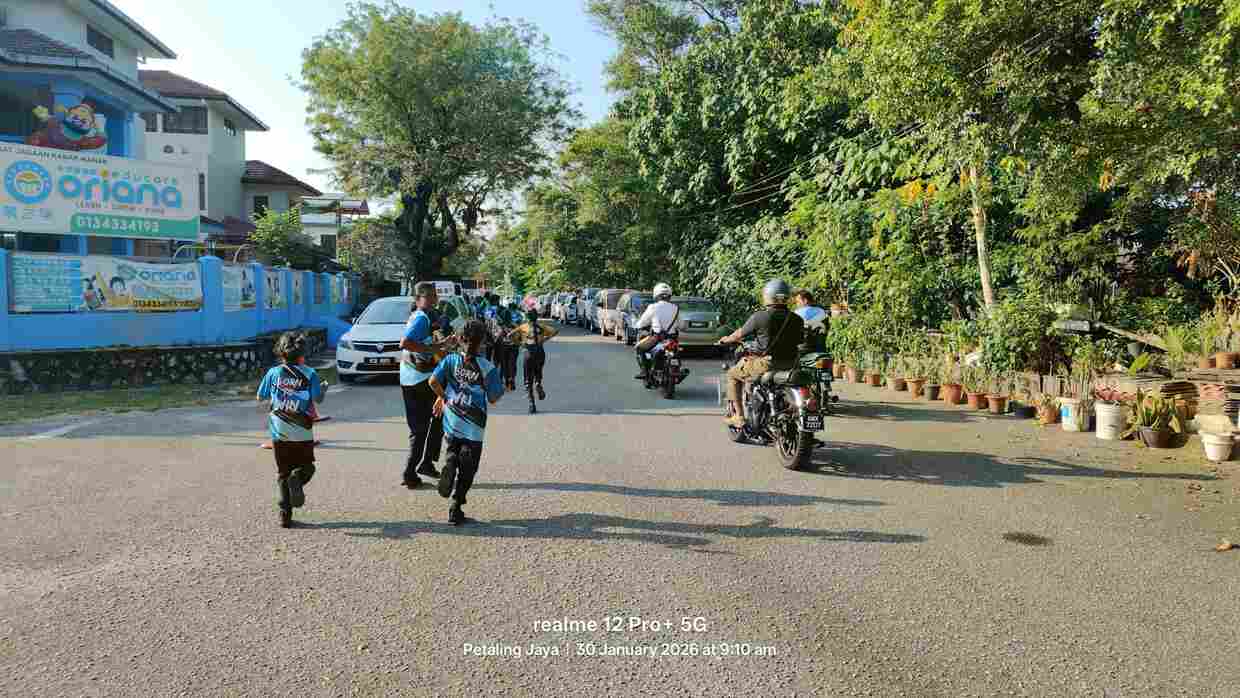Deputy Education Minister Dr Puad Zarkashi said he would discuss with his ministry’s officers the requests by headmasters of many rural schools for them to continue enjoying the 24-hour power supply through their school generator sets.
He said during his visit to 11 schools in the interiors of Kanowit district beginning Sunday, the headmasters conveyed to him their concern over the ministry’s directive to limit the power supply to 14 1/2 hours from this April.
Speaking to reporters at the Sibu Airport today, he said the government had spent about RM1.05 billion to supply generator sets to 429 rural schools statewide.
He said the amount was also for installation and wiring, but not the cost of the diesel to run the generators.
“Probably because the government is spending a lot on the diesel that the ministry has come up with this directive.
“But the headmasters fear that this will affect the boarders, who are mostly young children, at night.
“They are worried too that the meat and fish kept in the school refrigerators or freezes will go bad if there is no regular power supply.
“As for the teachers, they will also be affected when they cannot use their computers or laptops to do class work or to surf the Internet for information.”
Puad said another reason for this directive was the Regional and Rural Development Ministry was in the process of bringing in power supply from the main grid into all rural areas in the state by 2012 as part of its NKRA targets.
As such, the (education) ministry was making its own adjustments, he said.
On his visit, Puad said it was to see for himself the rural schools’ infrastructure as sometimes what he could obtain from the ministry’s data base was different from the actual situation on the ground.
“We have seen a number of shortcomings, for example, the conditions of the teachers’ quarters, classrooms and water supply system.
“Some schools need more teachers’ quarters while some of the existing ones are in a bad state, but this information is not in our data base,” he said.
– Bernama











